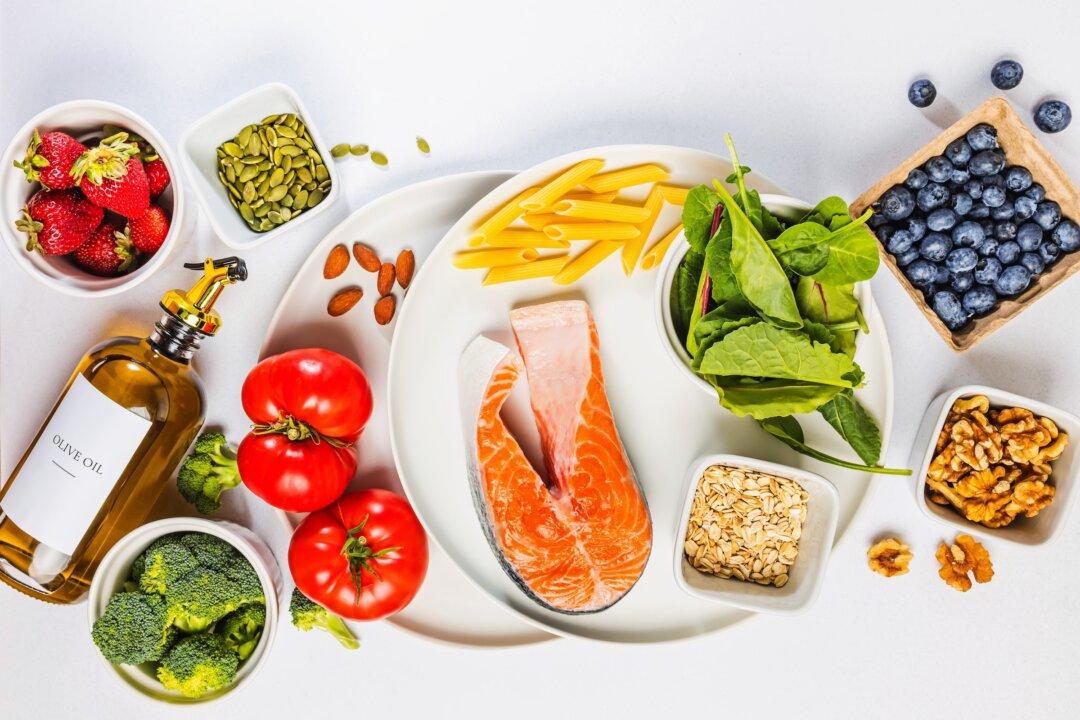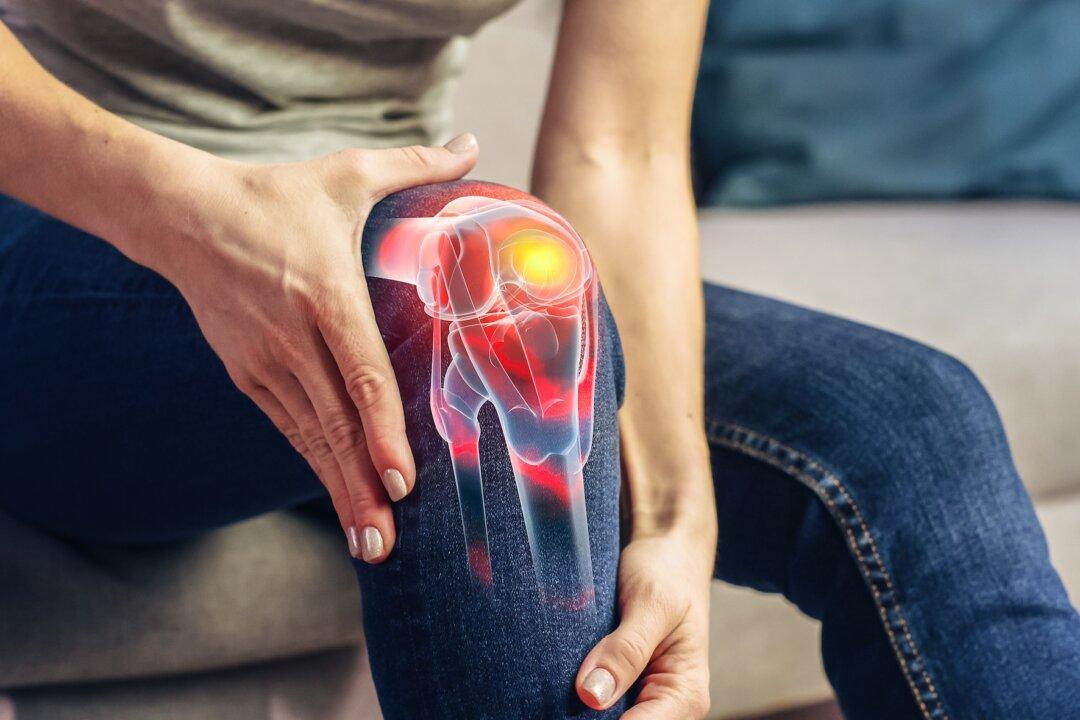The only ways to lose weight (without surgery or prescription medications)* are:
- Take in fewer calories,
- Burn more calories, or
- both.
The sensible way to lose weight is to eliminate the foods with little or no nutritional value beyond the concentrated calories they contain: refined carbohydrates and added fats. My guidelines for diabetics apply for anyone who needs to lose weight, particularly if you store most of your weight in your belly. Avoid foods that raise insulin to high levels such as bakery products, pasta, and foods with added sugars. You should eat enough whole grains, beans, and vegetables to keep you full and satisfied. Eat root vegetables and fruits only with other foods.





